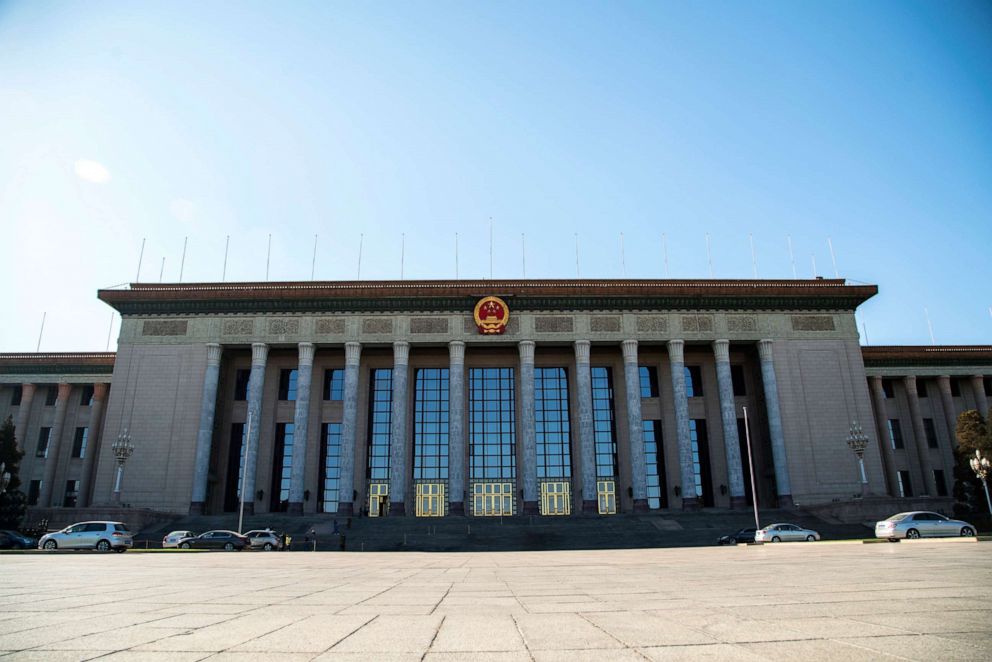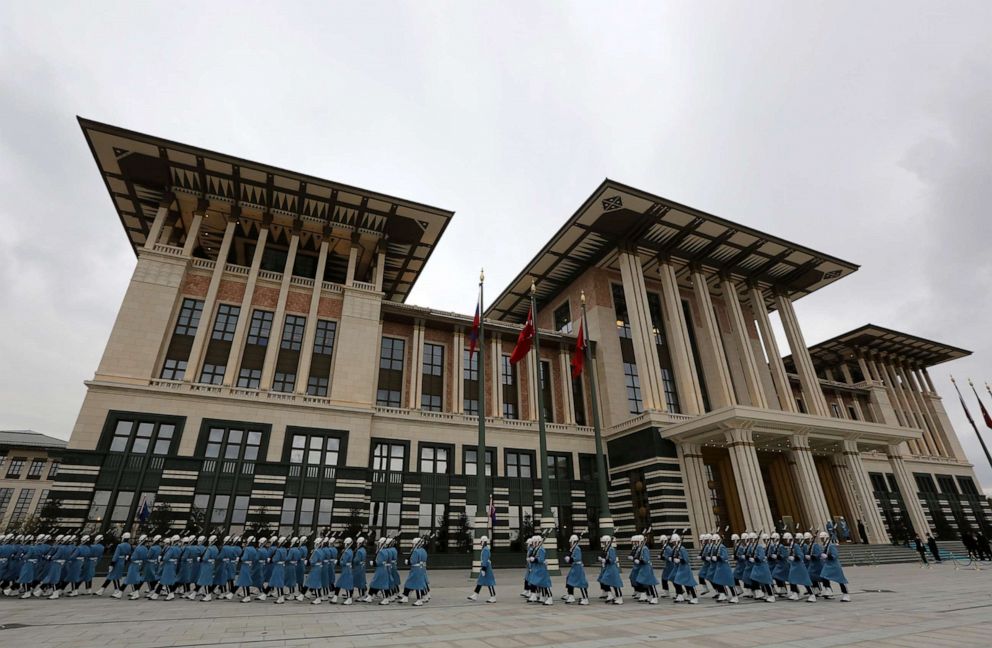China, Turkey top annual list of world’s worst jailers of journalists: Watchdog
The group found at least 250 journalists imprisoned around the world.
China and Turkey were the world’s most prolific jailers of journalists in 2019, according to a special report released by the press freedom watchdog Committee to Protect Journalists this week.
The report, described as “a snapshot of those incarcerated at 12:01 a.m. on Dec. 1, 2019,” found at least 250 journalists imprisoned around the world in relation to their work, including at least 48 journalists jailed in China and at least 47 journalists jailed in Turkey. The report also identified Saudi Arabia, Egypt, Eritrea, Vietnam and Iran as particularly repressive media environments.
“China tightened its iron grip on the press and Turkey, having stamped out virtually all independent reporting, released journalists awaiting trial or appeal,” the report said. “Authoritarianism, instability, and protests in the Middle East led to a rise in the number of journalists locked up in the region.”
While most imprisoned journalists face “anti-state charges,” the report notes, the number of journalists charged with reporting “false news” has continued to rise in recent years, with some countries even passing laws criminalizing the publication of so-called “fake news.”
Officials did not immediately respond to requests for comment sent to both the Chinese and Turkish embassies in Washington, D.C.

According to Steven Butler, the Asia program director for the Committee to Protect Journalists, the charges levied by the Chinese government against offending journalists are often “extremely vague.”
“Every year there’s a different story about why people are picked up, but it all sends the same message,” Butler told ABC News. “China does not tolerate freedom of expression or honest reporting of the news.”
Coverage of China’s Xinjiang province, where one million Uyghurs, a Muslim ethnic minority native to the region, have been ushered into state-run “re-education” camps, appears to have emerged as a major flashpoint in the alleged government crackdown on the press. Dozens of journalists have been arrested there, the report notes, some of them facing charges for work they had published many years earlier.
“Journalists are expected to work for the Communist Party of China, and the government has been pretty open about that, so journalists who don't go along with that go to jail,” Butler said. “You report human rights abuses, you go to jail."

In Turkey, meanwhile, the decline from at least 68 imprisoned journalists in 2018 to at least 47 imprisoned journalists in 2019 “does not signal an improved situation for the Turkish media,” the report notes, with the industry having been “gutted by government shutdowns and takeovers, and scores of journalists in exile, jobless, or cowed into self-censorship.”
While the government has enacted some modest reforms that appear to have reduced the number of journalists currently imprisoned, the report identified dozens of journalists still awaiting trial on anti-state charges or facing prison sentences upon return to the country after being convicted in absentia.
According to Kathy Kiely, the Lee Hills Chair in Free Press Studies at the University of Missouri, the hostile media environment still has a chilling effect on critical reporting.
“It’s a clever, Orwellian way for Turkey to get their numbers down without actually improving their behavior,” Kiely told ABC News. “We have to acknowledge that these countries know how to game the system. Turkey's control tactics promote self-censorship and repress freedom of speech in more subtle ways.”




